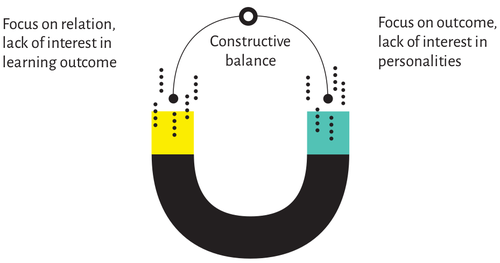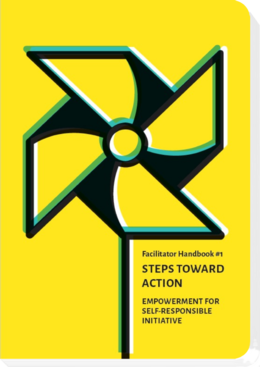Many of us meet inspiring people over the course of our lives. They are our teachers, mothers, uncles, bosses, popular people from public life, personalities from history, and even fictional characters from books or films. They reach us through different channels, one of which is the advanced level of personal relation. But to claim that as teachers or facilitators we need to develop close relationships with our students or participants in order to be motivational is like taking a path without knowing where it will lead us. Yes, deep relationships can help people to find a common language, but inspiring and motivating others involves more than addressing their hearts. We have to address their minds as well. So before we form deep relationships with our students and participants, it is helpful to reflect on the situation.
Deepening relations with participants and students
Our actions depend on the needs and expectations of the people involved as well as the situation, which means that for every person, we have to find a different solution between the poles:
Beyond personal dispositions and the social style one has, let's have a look on the both options a little bit prosaically:
Why too deep relations are risky: |
Why deeper relations have positive outcome: |
|
Putting greater effort into developing empathy costs us extra time and energy. |
We gain a lot more informal information about people we work with, so we understand their needs better. |
|
We are not objective and lose a necessary distance from certain people or situations. |
We can speak "their language" and address their interests in the best way. |
|
People might lose themselves in just spending time together when relationships become the most important element. |
We gain more informal information about the environments and conditions people live in. |
|
Difficulties in the relationship might impair the learning process. |
Cooperation might be boosted tremendously by a strong relationship. |
|
Having the same friends at work as you do socially might result in a in lack of space from these relationships. |
The same friends at work and in our free time – truly developing our passion and feeling fulfilled all the time. |





